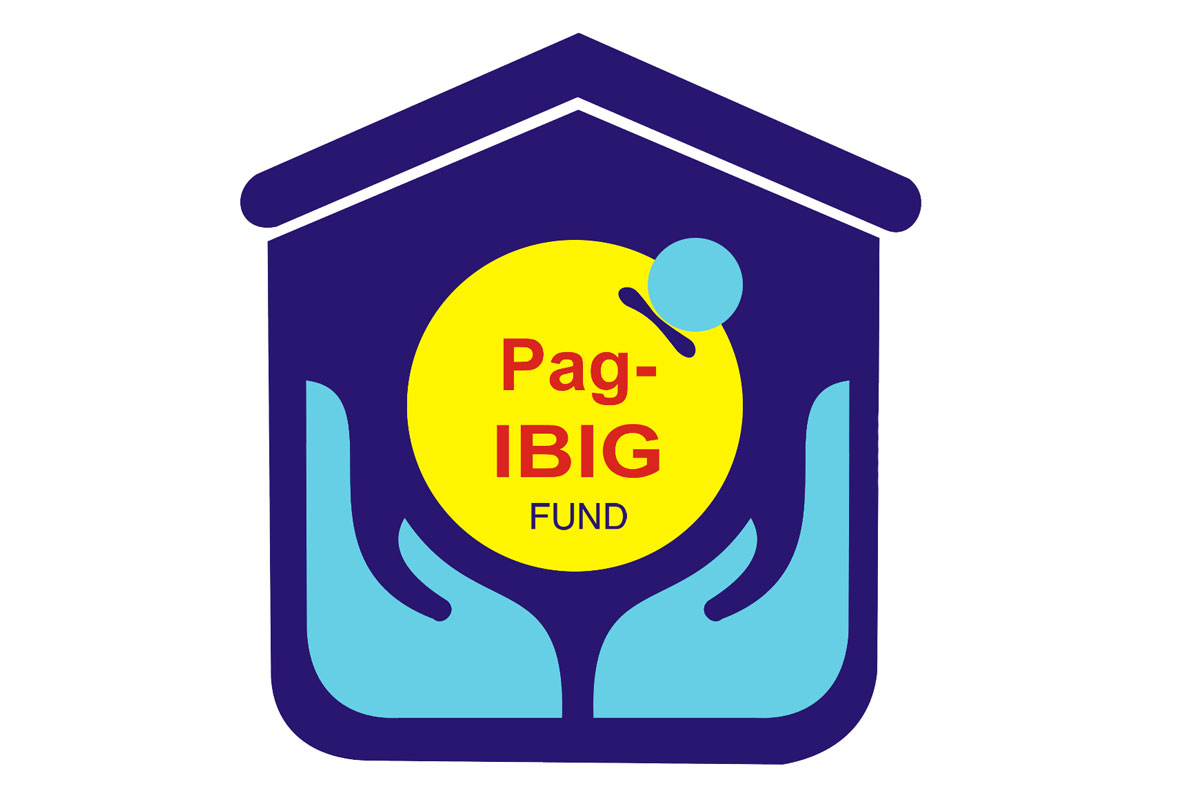
Protection of elderly against cyber fraud sought
SENIOR citizens are now the target of romance text scammers who use young girls to victimize innocent elders.
Saying it is now a big business hiding behind technology, Senator Jose Jinggoy Estrada is proposing the need to legislate a law to protect the elders from these fraudulent activities.
Estrada bared the continuing proliferation of cybercrimes which spiked 100 percent at the height of the COVID-19 pandemic, targeting mostly retired senior citizens is making a lot of money and is now being used by some organized syndicates
“Walang manloloko kung walang magpapaloko. At walang mabibiktima kung sila ay may alam sa mga istilo ng mga scammers,” Estrada said as he pushed for the passage of Senate Bill No. 671.
The bill seeks the establishment of an inter-agency centralized service to ward off scammers from carrying out their nefarious schemes through periodic information dissemination to senior citizens, their families and caregivers.
The senator stressed the need to look after the vulnerable sectors against fraudsters as he noted that most elderly consumers are unfamiliar with today’s technology, which is taken advantage of by organized crime syndicates who use social media and other online platforms in carrying out their scams.
Under SBN 671 or the proposed Senior Citizens’ Fraud Education Act, the Department of Trade and Industry (DTI) will be the lead agency to be supported by the Departments of Justice (DOJ) and Health (DOH), and the Philippine Postal Corporation.
The group will be required to formulate and disseminate through mail, telemarketing and the internet methods how to report and file complaints related to fraud schemes targeting informed senior citizens and other vulnerable groups.
The DTI shall likewise be mandated to coordinate and establish partnerships with the National Commission of Senior Citizens and the Office of Senior Citizens Affairs (OSCA) in conducting information dissemination campaigns.
The DTI shall also collaborate with the Bangko Sentral ng Pilipinas (BSP), Securities and Exchange Commission (SEC), Insurance Commission (IC), National Telecommunications Commission (NTC), National Bureau of Investigation (NBI), and the Philippine National Police (PNP) in ascertaining the various nature of scams and cybercrimes.
A website will be maintained to provide the needed information to help detect scams related to financial products and services, lending and investment instruments, insurance products, text scams, and other fraudulent activities.
























